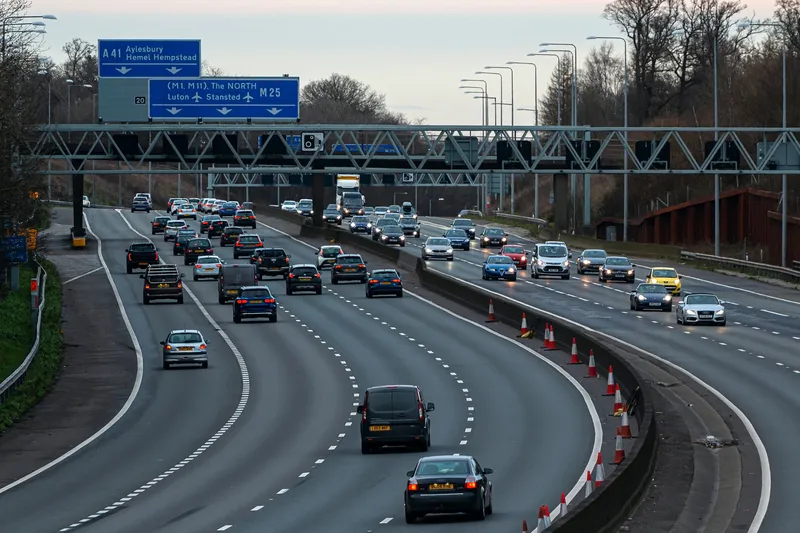By 2015, all new cars must be fitted with eCall devices to alert the rescue services automatically to road crashes through the public 112 emergency call system, say Members of the European Parliament (MEPs) in a resolution adopted jointly by the Internal Market and Transport Committees yesterday. This system would speed up the arrival of the emergency services, saving lives and reducing injuries, adds the non-binding resolution.
June 20, 2012
Read time: 2 mins
By 2015, all new cars must be fitted with eCall devices to alert the rescue services automatically to road crashes through the public 112 emergency call system, say Members of the European Parliament (MEPs) in a resolution adopted jointly by the Internal Market and Transport Committees yesterday. This system would speed up the arrival of the emergency services, saving lives and reducing injuries, adds the non-binding resolution.
The resolution, adopted by 58 votes to four, with eight abstentions, regrets the delays in the voluntary deployment of eCall to date and the small proportion of cars fitted with it (only 0.4 per cent) and urges the1690 European Commission to table legislation to make the eCall system mandatory by 2015.
The aim of the in-vehicle eCall system (based on the 112 call platform) is to ensure that the emergency services are alerted automatically to serious road accidents, says the resolution. This should save lives and reduce the severity of injuries as qualified and equipped assistance would get to the scene of the accident earlier, according to the ‘golden hour’ principle.
It is claimed that eCall would save up to 2,500 lives a year and reduce the severity of injuries by 10–15 per cent.
MEPs point out that the necessary technology is available and common EU-wide standards have been agreed. They therefore called on the Commission to table legislation requiring the Member States to upgrade their emergency response services infrastructure so that it can handle eCalls by 2015.
The non-legislative resolution will be voted in plenary in Strasbourg in July. The Commission is expected to table a legislative proposal on eCall by the end of 2012.
The resolution, adopted by 58 votes to four, with eight abstentions, regrets the delays in the voluntary deployment of eCall to date and the small proportion of cars fitted with it (only 0.4 per cent) and urges the
The aim of the in-vehicle eCall system (based on the 112 call platform) is to ensure that the emergency services are alerted automatically to serious road accidents, says the resolution. This should save lives and reduce the severity of injuries as qualified and equipped assistance would get to the scene of the accident earlier, according to the ‘golden hour’ principle.
It is claimed that eCall would save up to 2,500 lives a year and reduce the severity of injuries by 10–15 per cent.
MEPs point out that the necessary technology is available and common EU-wide standards have been agreed. They therefore called on the Commission to table legislation requiring the Member States to upgrade their emergency response services infrastructure so that it can handle eCalls by 2015.
The non-legislative resolution will be voted in plenary in Strasbourg in July. The Commission is expected to table a legislative proposal on eCall by the end of 2012.








